Free Stuff for School Age (Ages 5-10+)
Social expectations grow as children go through elementary school—they are expected to become stronger social observers, problem solvers, and know how to regulate their own emotions and behaviors. Engaging in a social emotional thinking/feeling based process can be difficult at times for everyone. Our role as interventionists (teachers, speech language pathologists, therapists, clinicians, parents) is to help motivate social emotional learners to "do the work" and explore how we all share social expectations, thoughts, feelings, make mistakes and try again as we learn to navigate our way toward our social goals. Social Thinking's Free Stuff for school age students is designed to be used with both typically developing children and those with social learning differences.
The Social Thinking Methodology provides evidence-based strategies to help people of all ages develop their social competencies, flexible thinking & social problem solving and improve: conversation & social connection, executive functioning, friendship & relationship development, perspective taking, self-regulation, and Social Thinking vocabulary. Please do NOT repost or sell our free resources on educational or sharing platforms. If you have questions, refer to our IP guidelines for more information about copyright and trademark restrictions.
Free Zones of Regulation Emotion Visuals & Handouts
The Zones of Regulation is an award-winning social emotional learning series that has been adopted across thousands of mainstream classrooms worldwide. Students ages 4-18+ learn how to organize their feelings into four different Zones and use metacognitive strategies to regulate within specific Zones to meet their personal, organizational, and social goals. The best-selling and easy-to-teach curriculum provides important practical social emotional learning tools to practice regulation of one’s feelings across situations at home, school, and in the community.
Further supplement strategies for managing feelings and sensory needs as part of their social emotional learning with these free emotion visuals and handouts when using The Zones of Regulation curriculum to support individuals ages 4-18+.
Create a Zones Check-In for Home
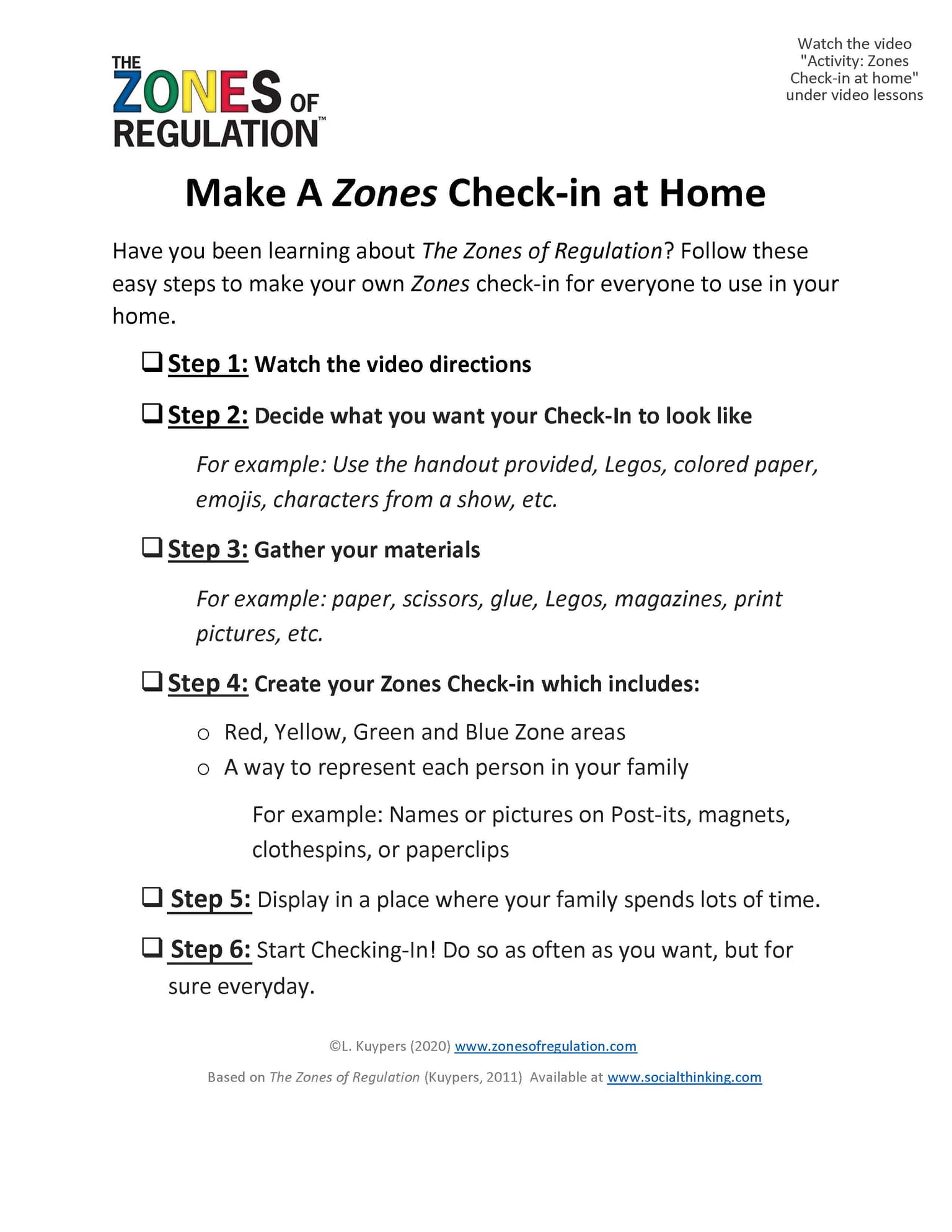
Reproducible T
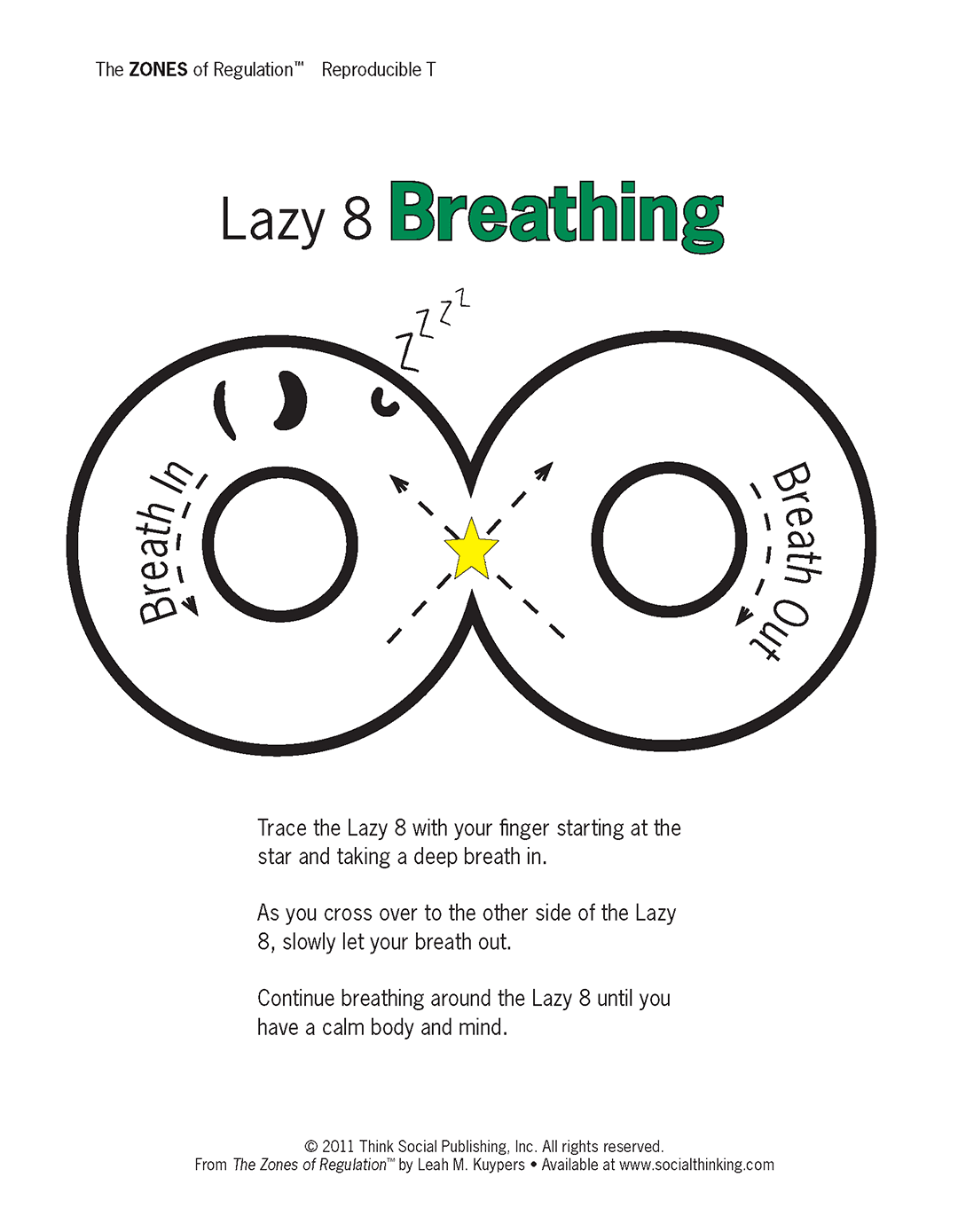
All the Zones Are OK
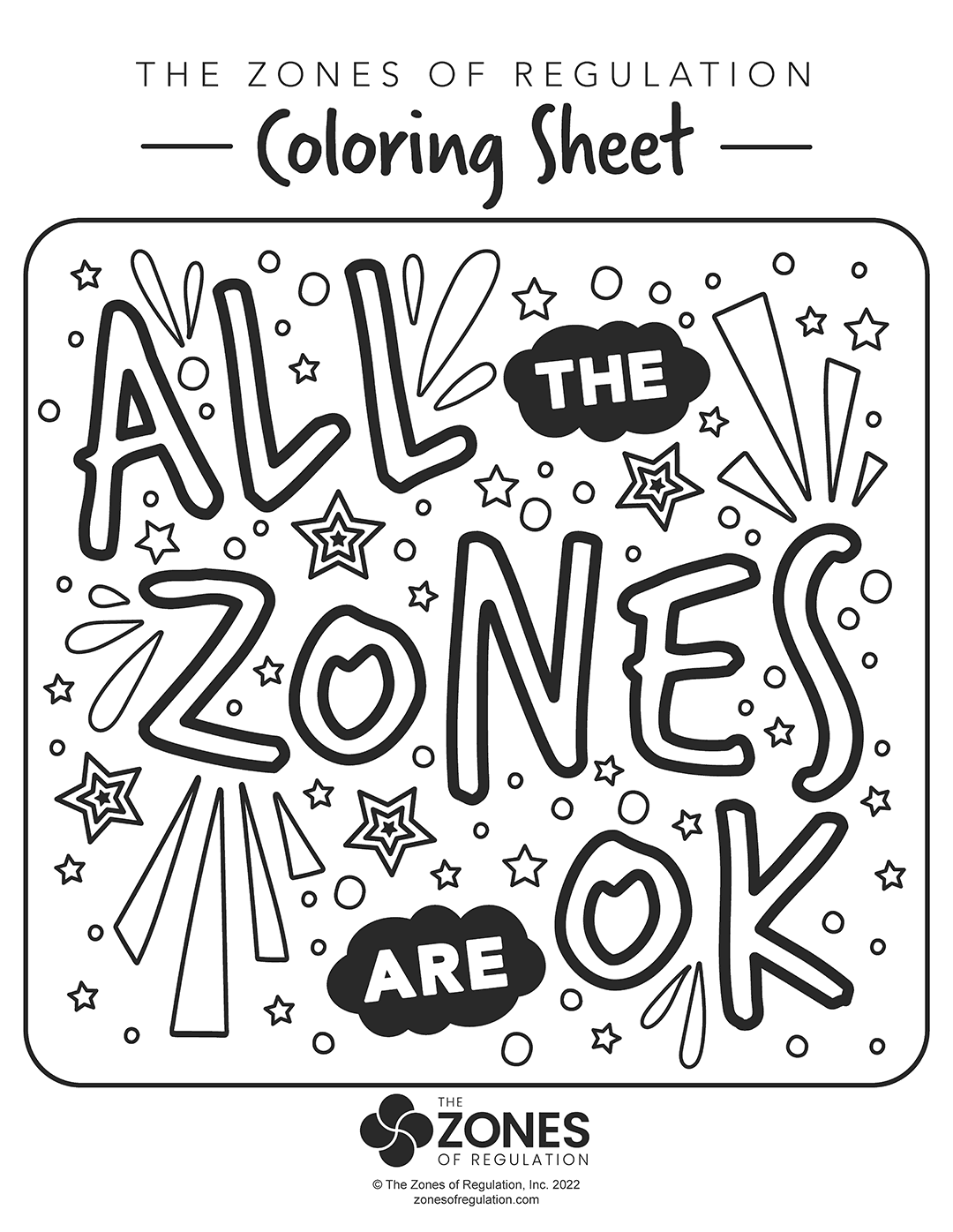
Social Thinking Vocabulary Free Thinksheets
At the heart of the Social Thinking Methodology is our vocabulary. It’s our way of translating complex social concepts into a simpler form that can be taught and used as a common language to talk about what it means to “be social” across people, cultures, and context. Social Thinking Vocabulary encourages people to actively notice what’s happening around them.
Using Your Senses
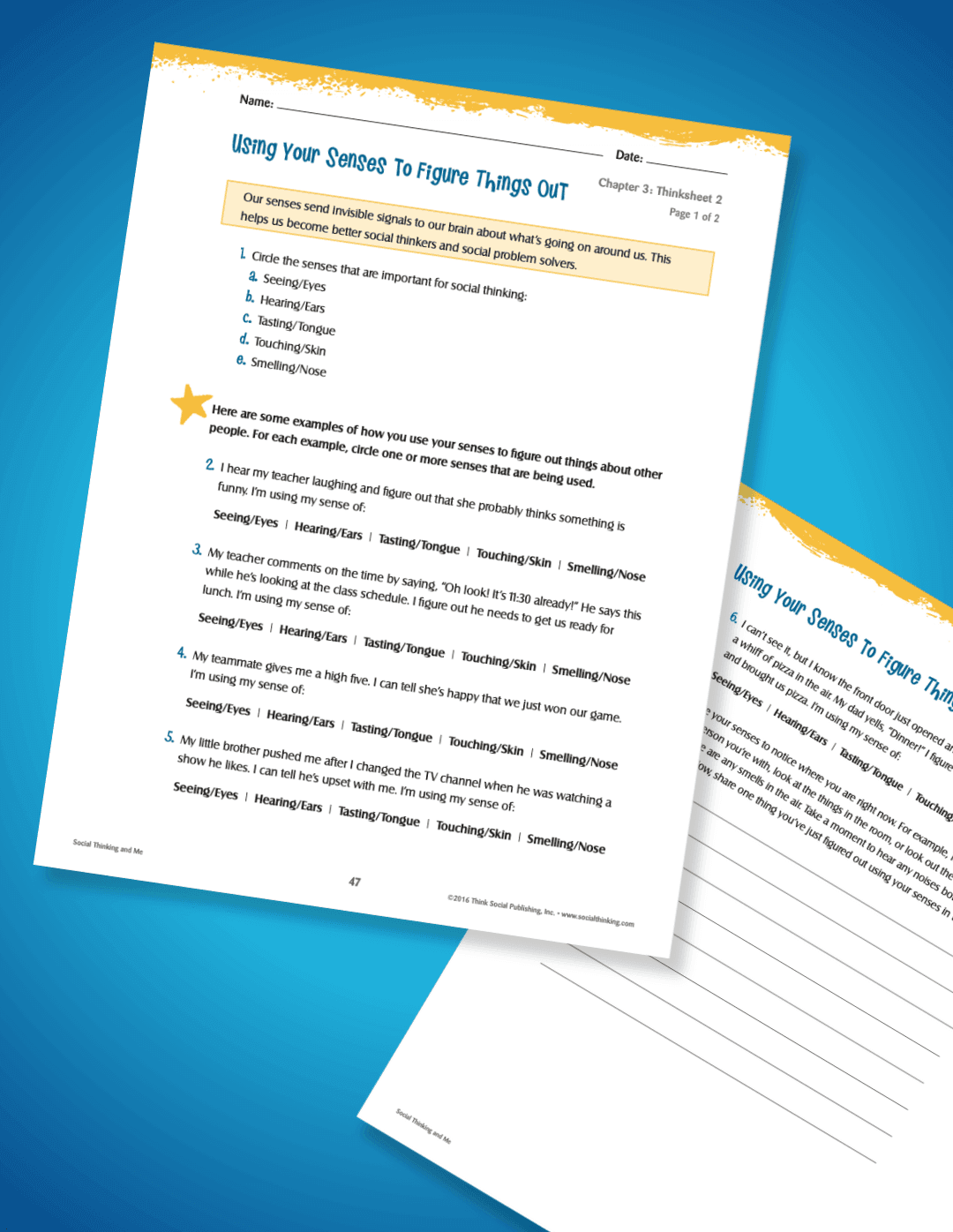
Social Thinking Vocabulary Kahoot - Online Trivia
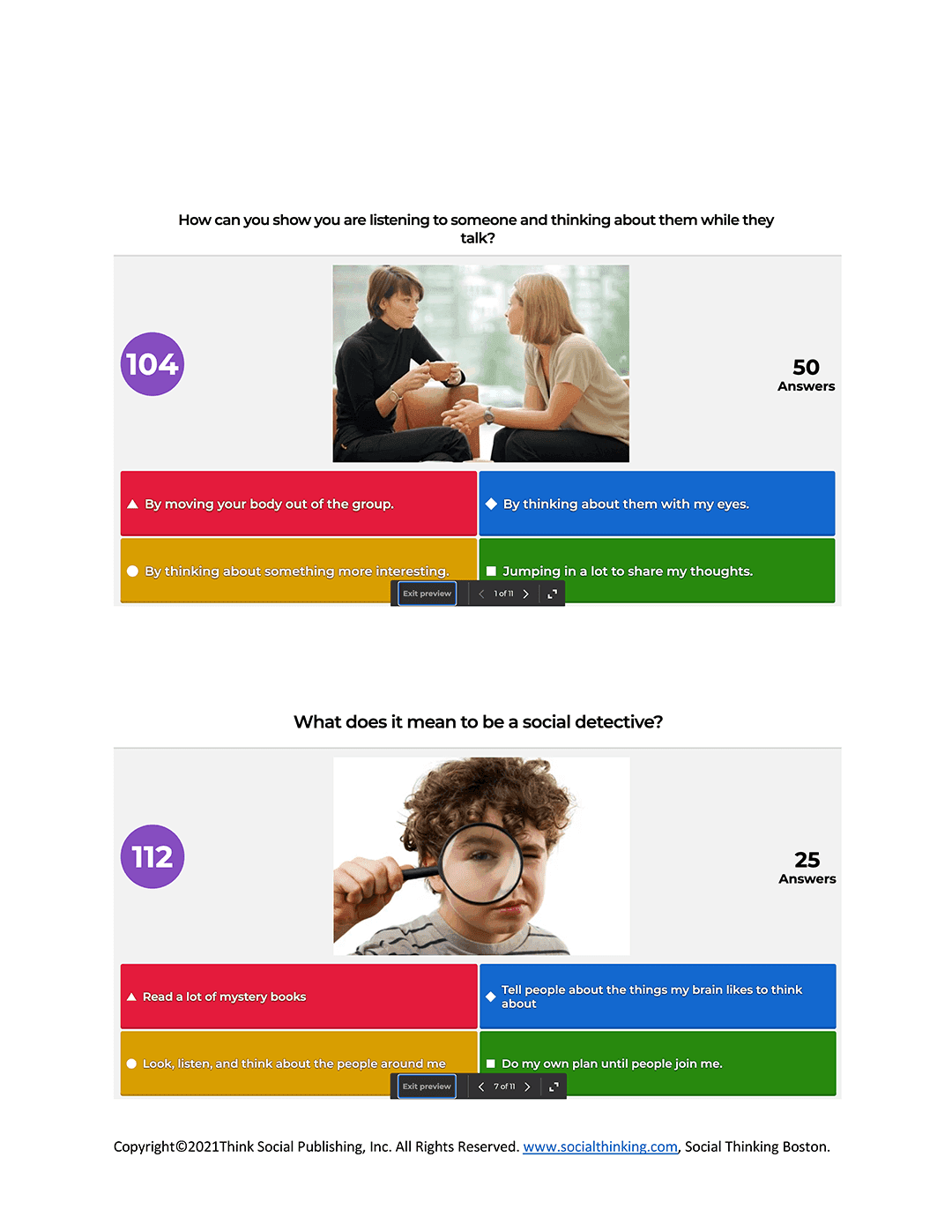
Free Bookmark
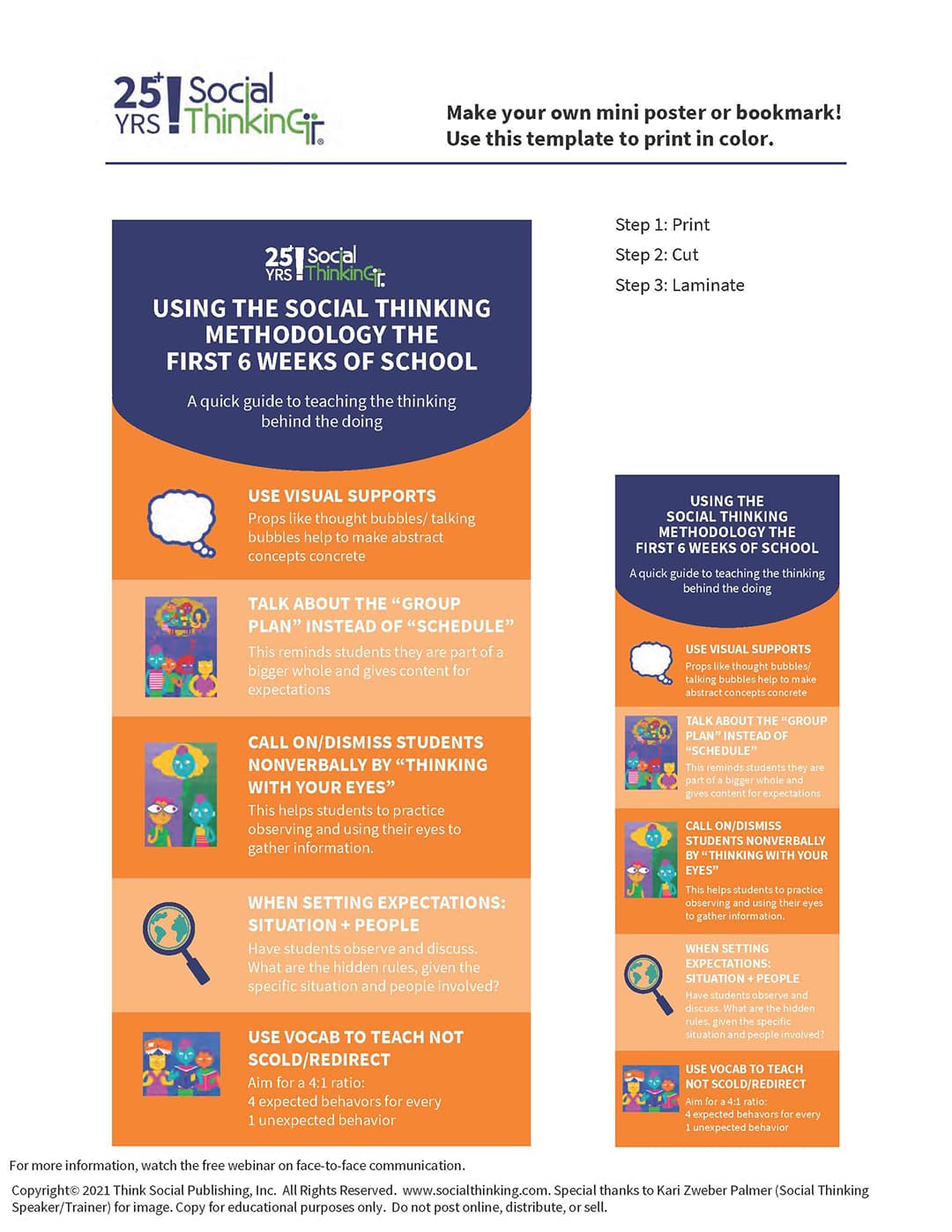
Problem Solving, Flexible Thinking, Connecting Thoughts & Feelings Free Thinksheets
All social learners benefit from metacognitive strategies for social problem solving, flexible thinking, social self-regulation, and social emotional awareness, which are at the heart of our ever-evolving social competencies. This holds true for those on a neurotypical developmental trajectory, as well as for individuals with social learning differences and/or challenges.
Helping Myself to Feel More Comfortable
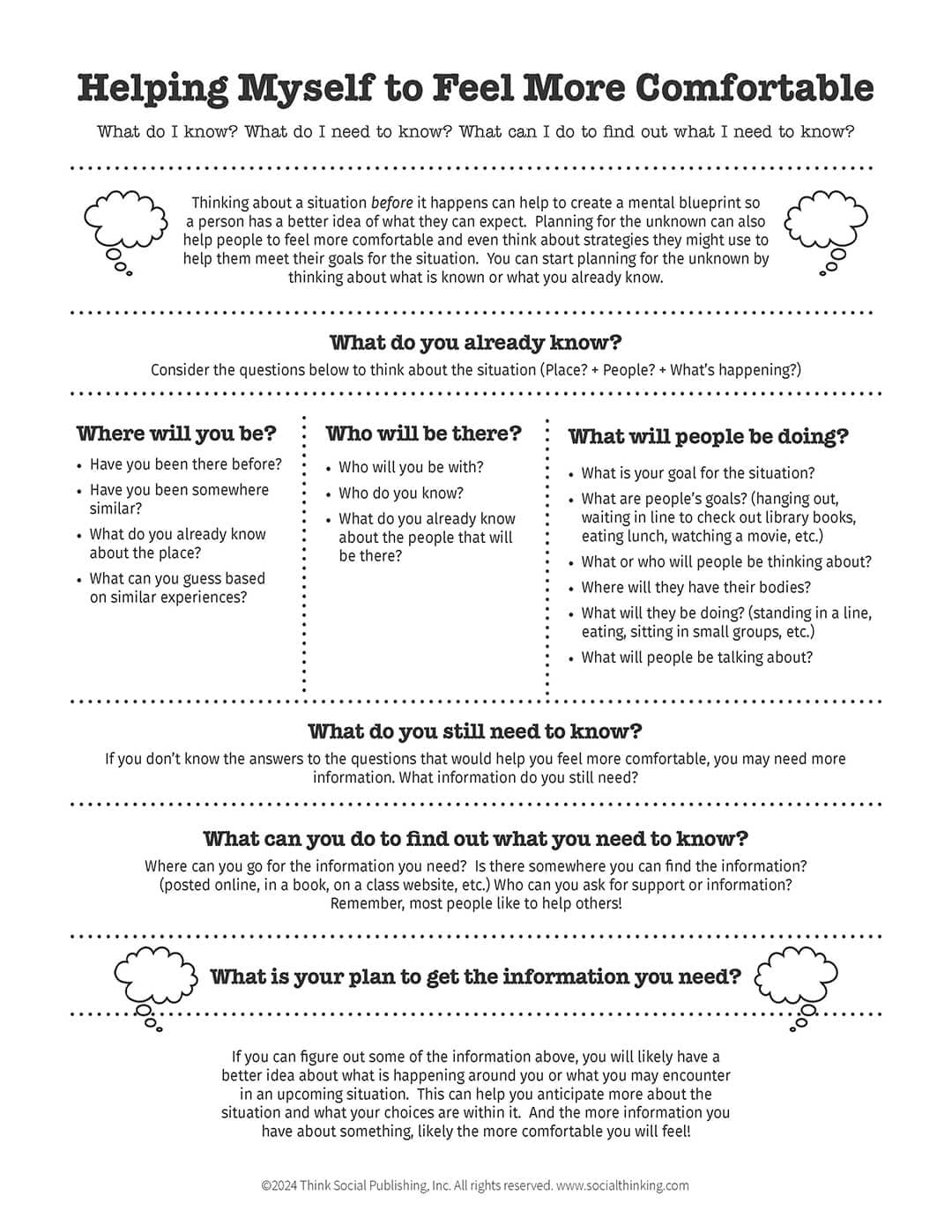
Somedays Activity
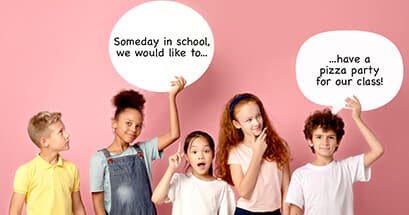
How to Foster Students’ Flexible Thinking & Advocacy Skills Using Future Thinking
Simply ask kids to think about and respond to this prompt: Someday in school, I would like to ___. Students can respond by writing their response, answering the question aloud, or drawing a picture. Each someday goal will likely require flexible thinking, goal setting, interactions with others & opportunities for all students to practice using their voice of advocacy in meaningful ways. Download this free Someday Activity infographic.
DO ObseRve Thinksheet
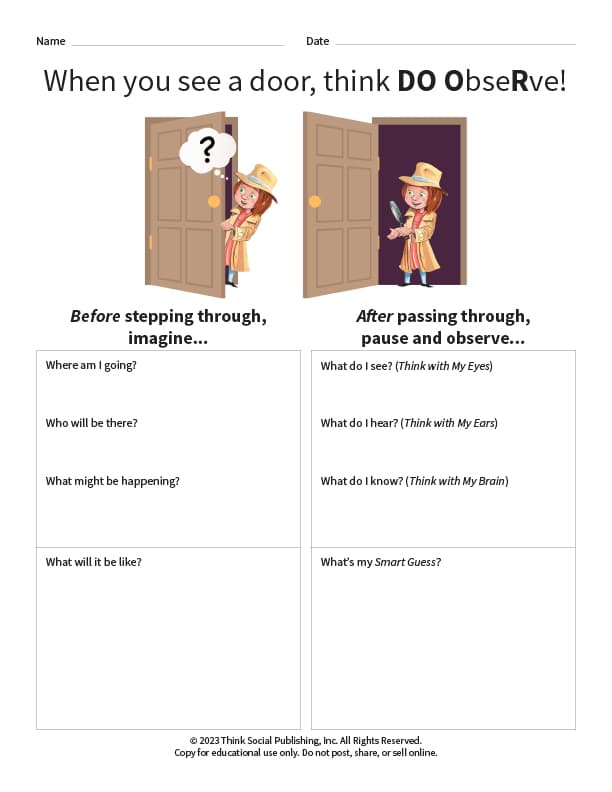
Use this visual thinksheet to support students in making transitions across their day—every time they see a door, think DO ObseRve! Read the related article to learn more.
Making a Smart Guess at Home Thinksheet
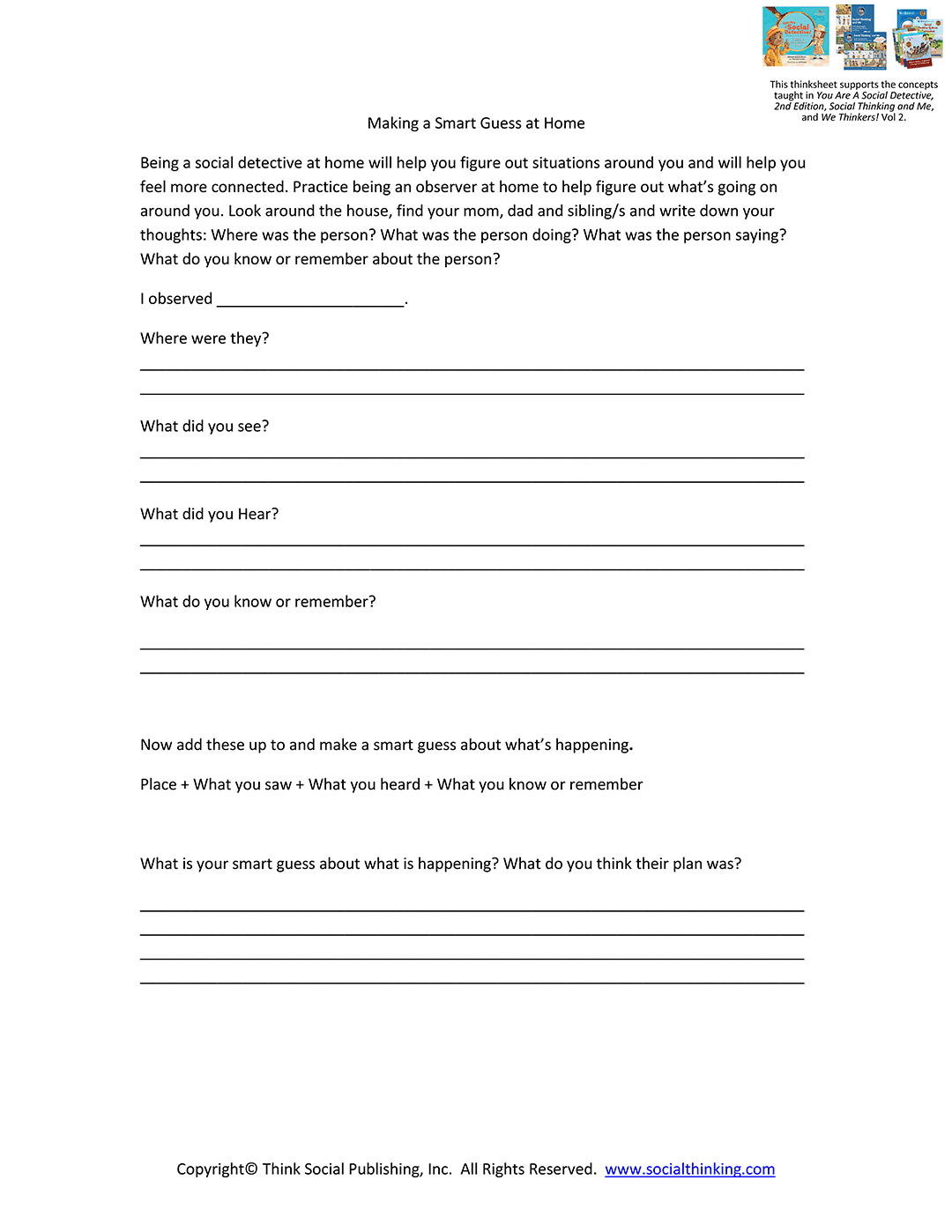
Thought & Speech Bubble
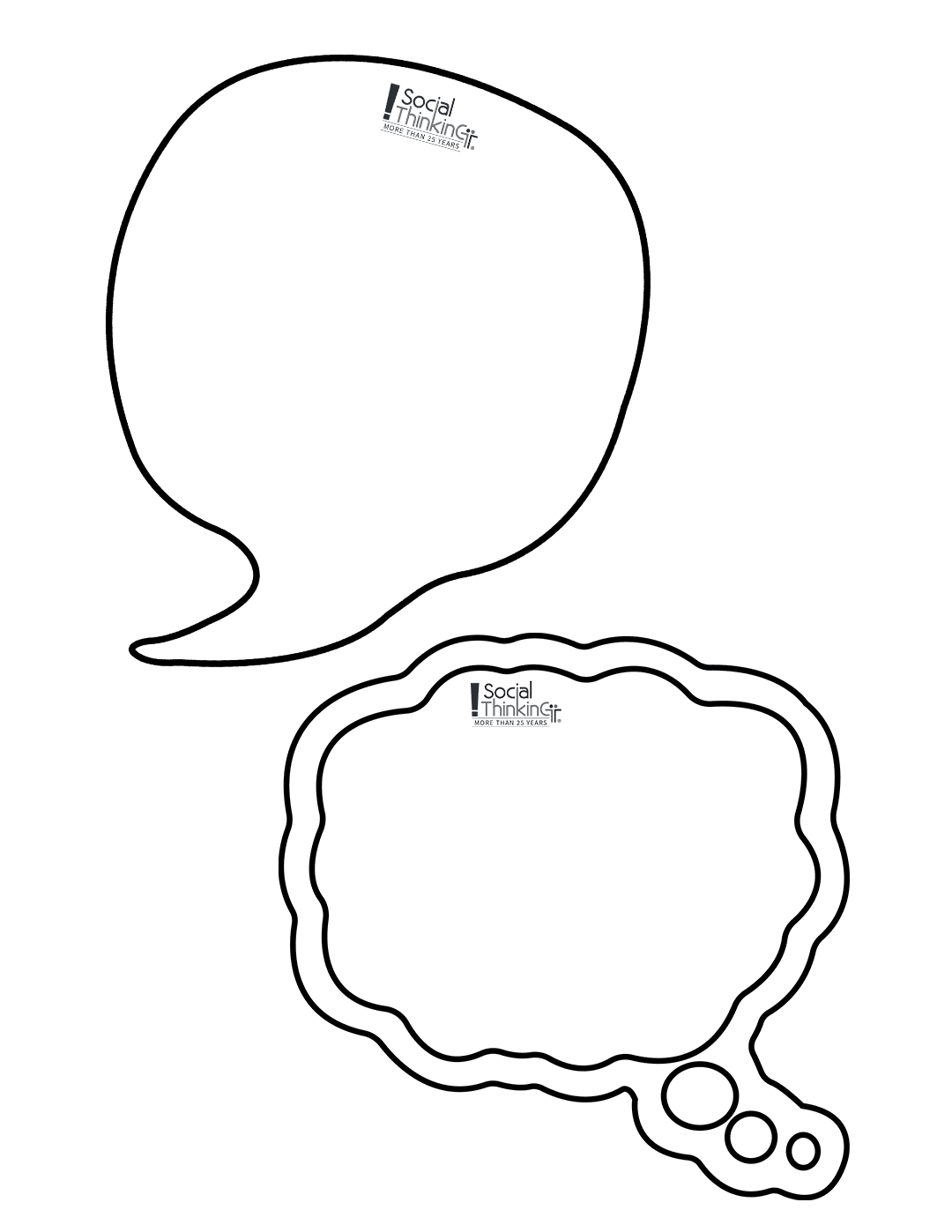
Free Webinars to Support Your School-Age Child
Learn Essential Social Thinking Concepts for Free
Free webinars are presented live by experts in the Social Thinking® Methodology. Core presentations typically run for 60 minutes, followed by a 30-minute Q&A. Browse our entire collection of recorded webinars and soak in all the free information—or explore our hand-picked free webinars to support your school-age (ages 5-10) children. Note: Attendees receive a Certificate of Completion, CEs are not provided to attendees for free webinars.
Free Articles to Support Your School-Age Child
Social Thinking is proud to provide an extensive collection of free articles devoted to helping individuals build stronger social awareness and social functioning using the Social Thinking Methodology. Browse our library of free articles and learn strategies you can start using right away. Or, explore below our hand-picked free articles to support your school-age (ages 5-10) children. We’re constantly adding material based on the latest research and our evolving client work—so come back often and stay informed!
Free Video Lessons to Use at Home & School
For more than 25 yes Social Thinking has been a guiding resource for schools, clinics, and families around the world, and we’re here for you, too! The practical nature of our teaching and the concrete way we explain social concepts help engage people in social learning not only about themselves but about others. Whether you're teaching individuals with ADHD, autism (levels 1 or 2), social communication disorders, or an entire mainstream class—our strategies can help you help them.
We are clinicians who create quality educational products and services that break down the social emotional learning process to help you teach it. Our methodology fosters social competencies so foundational that our work applies across cultures, ages, races, religions, mental health diagnoses, etc. and is taught in communities around the world. We stand committed to providing quality, practical information that is rooted in research, built upon real-world experiences, and is responsive to the needs of the people who use our methodology. We are constantly learning and gaining inspiration from our clients and others we meet, so our work is ever-evolving yet remains grounded in its adherence to rigorous standards of quality.
In the free videos below our experts share some ideas for using Social Thinking.
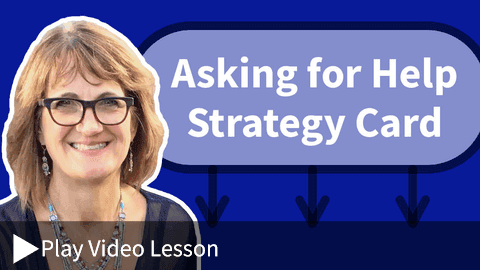
Michelle Garcia Winner | MA, CCC-SLP
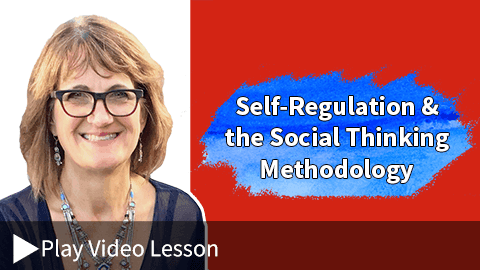
Michelle Garcia Winner, MA, CCC-SLP

Ryan Hendrix | MS, CCC-SLP
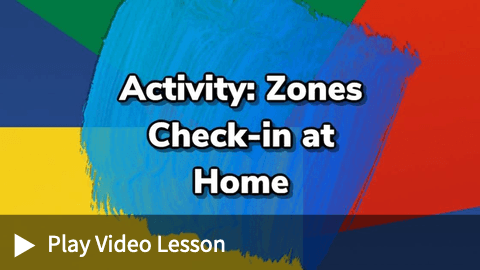
Leah Kuypers | MA Ed., OTR/L
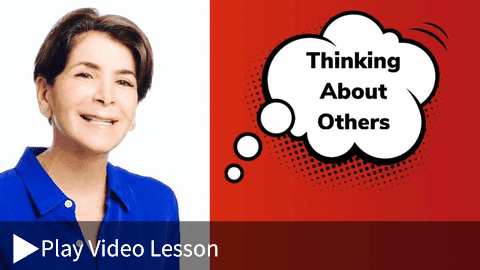
Debbie Meringolo | MA, MS, Educator

Michelle Garcia Winner | MA, CCC-SLP
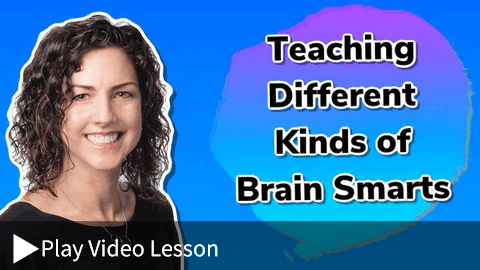
Ryan Hendrix | MS, CCC-SLP
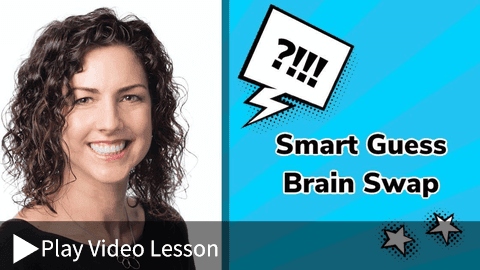
Ryan Hendrix | MS, CCC-SLP
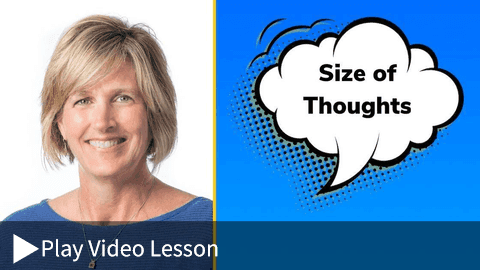
Beckham Linton | MA, CCC-SLP
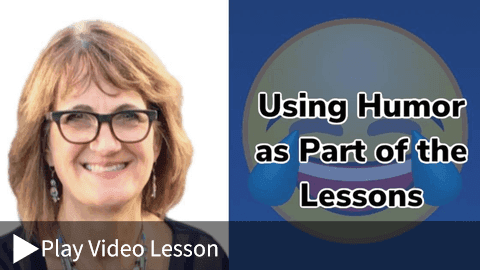
Michelle Garcia Winner | MA, CCC-SLP
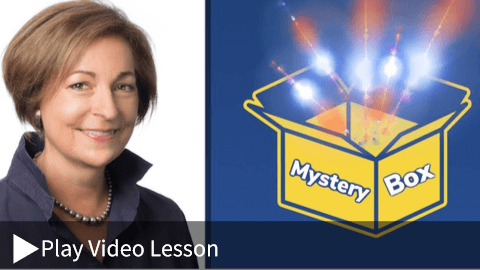
Nancy Clements | MA, CCC-SLP
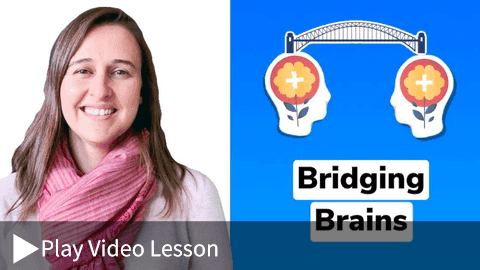
Allison King | MS, CCC-SLP
What is Social Thinking?
Develop Social Competencies
The Social Thinking Methodology provides evidence-based strategies to help people ages four throughout adulthood develop their social competencies, flexible thinking, and social problem solving to meet their own social goals and improve:








Superflex Series Free Thinksheets
Boost Social Awareness & Self-Regulation
Looking for an engaging way to teach social awareness and self-regulation? You Are a Social Detective! and Superflex, to the rescue! Our award-winning series teaches social learners the power of observation, social awareness, self-regulation and flexible thinking.
Superflex is Me!
Thinking about MY SMARTS
Smarts Chart